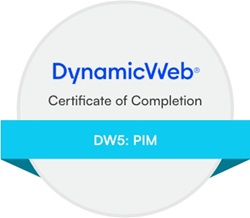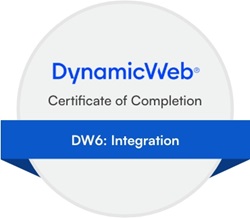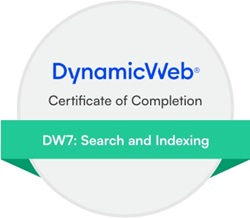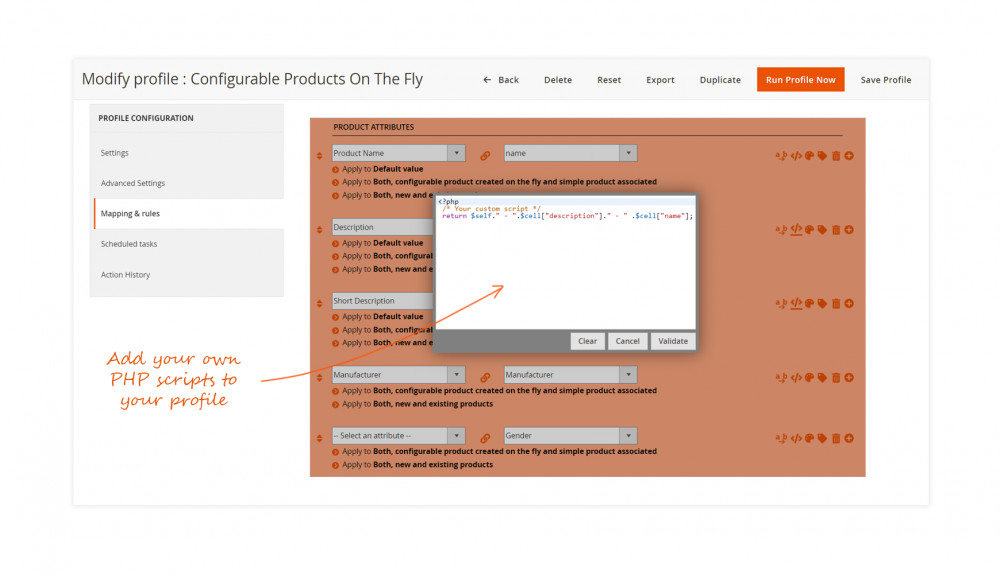Posted on 27/07/2023 10:16:33
Hi Dmitriy (and Justin),
We too face similar issues (in fact, maybe even more pronounced in the US). We host in Azure, and as such the database needs to be in UTC. To make matters simple, so is the webserver. The problem we face is that customers are in EST (-5) through PST (-8) timezones and these conversations are "a thing".
Since Microsoft does not allow you to change the timezone of the database server, we're a bit afraid to change the webserver timezone and deal with the potential set of issues that come with it (dates mismatch, date filtering, audit issues, ...). So keeping both servers in UTC has been our preferred approach. But then customers have their data into NAV (which doesn't even support datetime, only date (on some fields at least), to have "future" dates (i.e. order placed at 18h in Los Angeles, it's already 2am of the next day in UTC).
We just had 1 customer that customized his NAV to give us a function to convert it in the code Unit. That apparently solves it for them, but it's only a minor part of the problem, and only because we can change the codeUnit. Ideally there would be a way to convert directly in Live Integration and/or Integration Jobs.
I believe this would solve the integration related dates. There would still need to be a solution for the frontend, which could go from editing all templates to support a specific timezone OR changing the webserver's timezone and deal with the potential set of issues that may come from it. But that's a different discussion all together.
I am not looking for a solution now, but something to keep in the back of your mind, since the problem grows larger as you move further away from UTC timezone.
Best Regards,
Nuno Aguiar



















